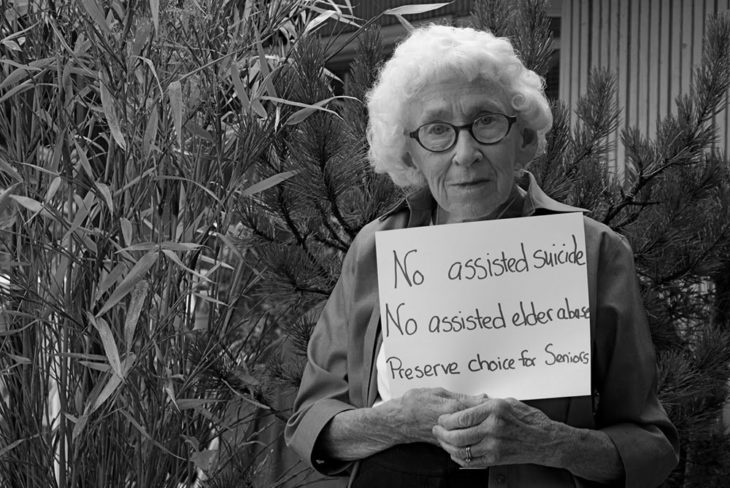Oregon opens the way for healthcare givers to remove access to food and water for vulnerable Oregonians with illnesses such as dementia and Alzheimer’s.
Oregon Right to Life (ORTL) Executive Director Lois Anderson says the effect of the bill is that “vulnerable Oregonians are left without protections and their right to basic care like food and water.”

Oregon paves the way for healthcare representatives to remove access to food and water for vulnerable Oregonians with dementia and Alzheimer’s.
Under the old advanced directive, caretakers may not decide to starve a mentally impaired patient to death unless that caretaker has been given decision-making authority by the patient before becoming mentally impaired (with four rare exceptions).
HB-4135 reverses that provision, allowing a mentally impaired patient to be starved to death — even against his or her will — unless the patient has made a contrary advanced directive.
Bill Harris testified in favor of the legislation. His wife had dementia, and he went to court to legally starve her to death. He said he supports HB-4135 because his court case was unsuccessful. Oregon was one of the first states to legalize abortion in 1969 and the first state in the union to legalize doctor-assisted suicide in 1997.



